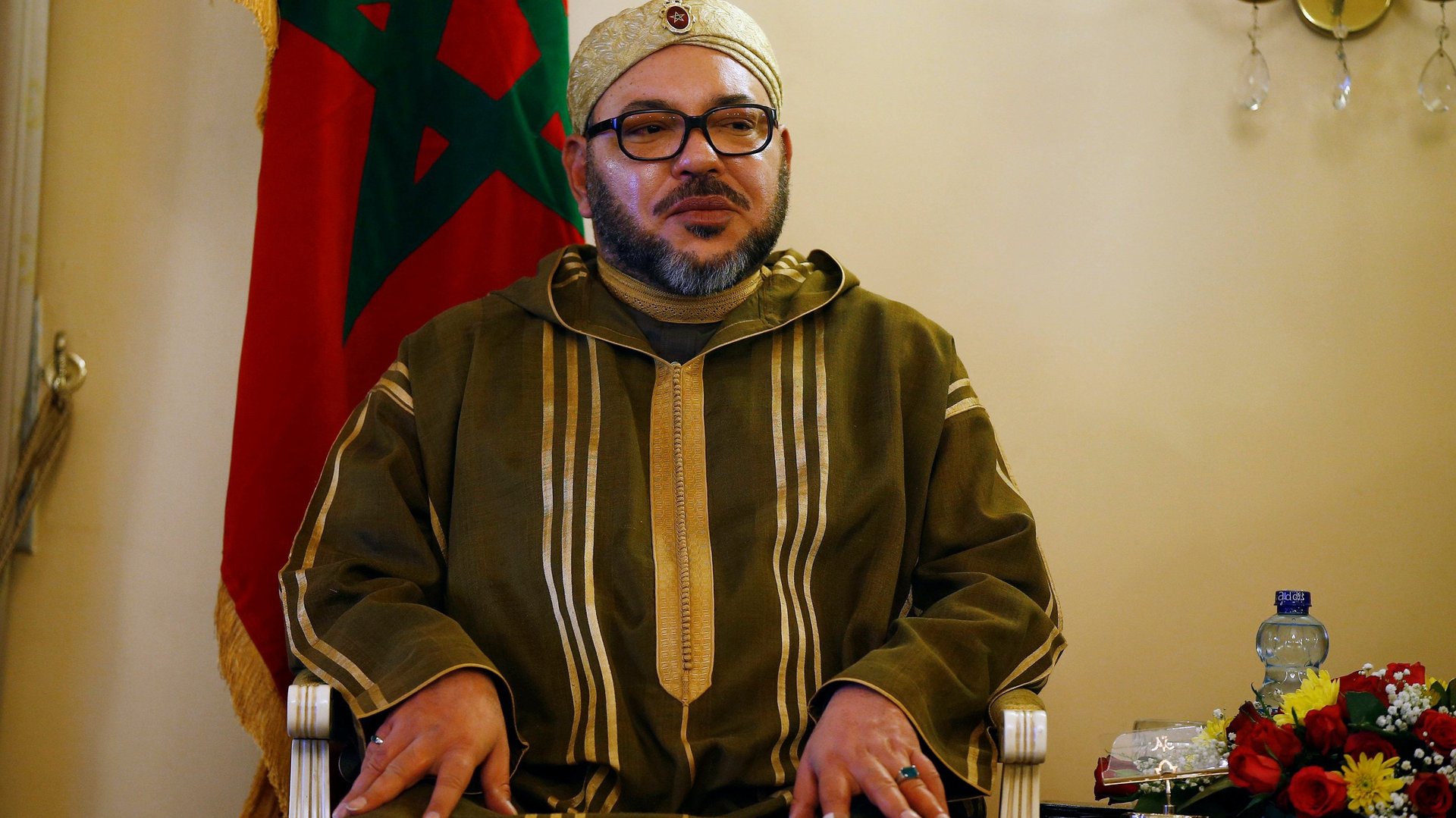Morocco’s king fired and hired a prime minister in the same week but still has no government
Morocco’s King Mohammed VI made Saad Eddine El Othmani, a psychiatrist, as the country’s newest prime minister last week.


Morocco’s King Mohammed VI made Saad Eddine El Othmani, a psychiatrist, as the country’s newest prime minister last week.
El Othmani, from the Islamist Justice & Development party (PJD), is tasked with forming a new coalition government after his party won the largest share in the parliamentary elections held in Oct. 2016. He replaces the charismatic Abdelilah Benkriane who was dismissed by the king.
Morocco has a peculiar blend of monarchy and a parliamentary system of government, which is overseen with a tight grip by King Mohammed VI.
The country’s electoral laws are designed so that no party can win an outright majority in the 395-seat parliament meaning they have to negotiate with other parties. The political deadlock has been ongoing for the past five months but Morocco is a stable and peaceful compared with its North African neighbors. Morocco has polished its reputation as a powerhouse with its investment push in sub-Saharan Africa.
Benkirane, leader of the Islamist party, had come to power in late 2011 riding the wave of regional electoral support for Islamist parties during the Arab Spring in countries such as Egypt and Tunisia.
The Moroccan monarch’s swift decision to fire Benkirane and name El Othmani, who served as foreign minister from 2012-2013, in the same week ensured that his country’s political stability is not rocked under his watch. Even though Morocco’s King ceded some power with his constitutional reforms in 2011, he still remains the ultimate authority as this power move shows.
“Both constitutionally and in practice, the king is the final arbiter and has tremendous power”, Issandr El Amrani, International Crisis Group’s North Africa director, told Quartz. “He is a real executive monarch.”
PJD increased its share of the vote to 32% in the latest elections but has been in a political deadlock with Aziz Akhannouch, a billionaire leader of the centre right party and a close of friend of the king.
Akhannounch has been open about his desire to weaken the Islamist party’s grip on power lobbying for more parties to enter into a coalition.
The palace in theory is supposed to maintain equal distance in its relations to political parties but in reality it is more likely Benkirane was dismissed for not ceding power to his rivals close to the palace after five months of negotiations.
“The focus in the last few months has been on Morocco’s entry into the African Union…and now there’s a little urgency in trying to get a government back on its feet because the macroeconomic situation isn’t that good. There’s a need to pass new laws that the interim caretaker government cannot do” El Amrani explained.
Morocco is the third largest exporter on the continent with 85% of foreign direct investment going into Africa. It is the world’s leading phosphate exporter recently signing a deal with Ethiopia, its banks are in 22 African countries, and its insurance firms have expanded to Rwanda and Nigeria.
This concerted strategy that has translated into political wins, with recent entry into the AU and a bid to join the Economic Community of West African States (ECOWAS) as a full member last month, would also be part of the new government’s remit when it forms.